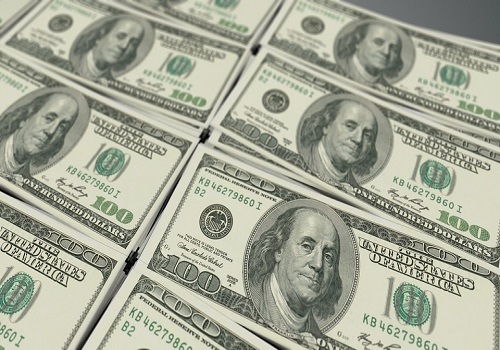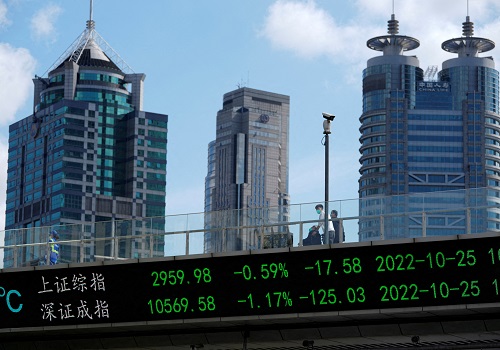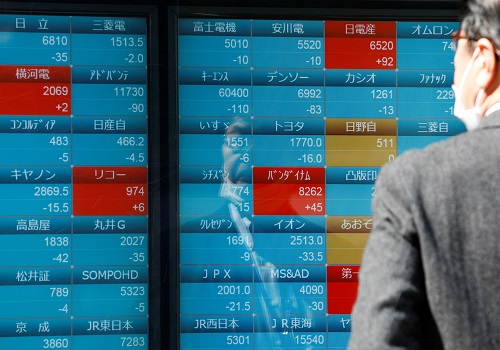Asia stocks falter, New Zealand $ stumbles as RBNZ signals hikes over

Follow us Now on Telegram ! Get daily 10 - 12 important updates on Business, Finance and Investment. Join our Telegram Channel
Asian stocks on Wednesday extended a global sell-off as U.S. debt ceiling negotiations dragged on without resolution, while the New Zealand dollar tumbled after the central bank caught markets off-guard by flagging that its tightening cycle is over.
The U.S. dollar - paradoxically - remained elevated amid safe-haven demand, which was also a driver of Treasuries and pushed yields lower.
Crude gained, though, as a warning from the Saudi energy minister to speculators raised the prospect of further OPEC+ output cuts.
The New Zealand dollar was one of the major movers in the early Asian day. It dropped more than 1% after the Reserve Bank of New Zealand wrong-footed markets by signalling it's done with its policy tightening cycle, after raising it by a quarter point. Market pricing had favoured a half-point hike, and were also primed for an extension of the tightening streak.
Japan's Nikkei sank 1.1%, extending its retreat from a post-bubble-era peak to a second day.
Hong Kong's Hang Seng declined 1.2%, and mainland blue chips slid 0.8%.
MSCI's broadest index of Asia-Pacific shares fell 0.7%.
U.S. equity futures stabilised slightly after sharp declines for the main indexes S&P 500 and the Nasdaq overnight.
Representatives of President Joe Biden and congressional Republicans ended another round of debt ceiling talks on Tuesday with no signs of progress, as the ostensible X-date of June 1 looms large.
Reports that Treasury has asked federal agencies whether they can delay upcoming payments added to the sense of crisis.
"Payment prioritisation is now real," Chris Weston, head of research at brokerage Pepperstone in Melbourne, wrote in a client note.
"And while it seems highly prudent to have this conversation, the markets anxiety levels has heated up consequently," he said. "The market is starting to de-risk."
The U.S. dollar index, which measures the currency against six major peers, was largely unchanged at 103.51, hovering close to a two-month high of 103.63 reached last week.
A small decline against fellow safe-haven the yen was largely offset by flat trading versus the euro.
The yen tends to have an inverse correlation to long-term Treasury yields, which ticked down to 3.682% in Tokyo.
In commodities, gold held steady at around $1,974 as traders eyed debt ceiling talks.
Crude advanced more than 1%, extending similar-sized gains from Tuesday, when Saudi Energy Minister Prince Abdulaziz bin Salman warned speculators to "watch out," saying "they will be ouching."
Brent crude futures rose 86 cents, or 1.1%, to $77.70 a barrel, while U.S. West Texas Intermediate crude (WTI) gained 88 cents, or 1.2%, to $73.79 a barrel.












 320-x-100_uti_gold.jpg" alt="Advertisement">
320-x-100_uti_gold.jpg" alt="Advertisement">












